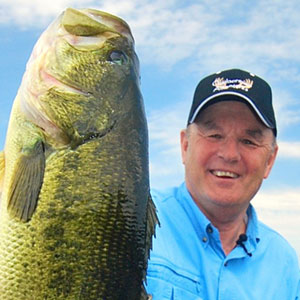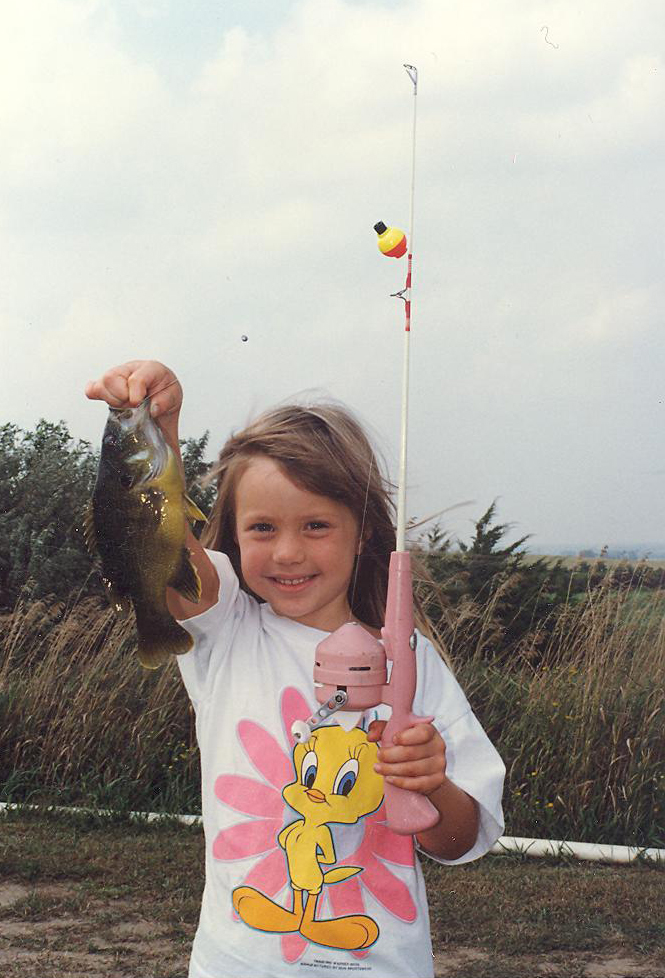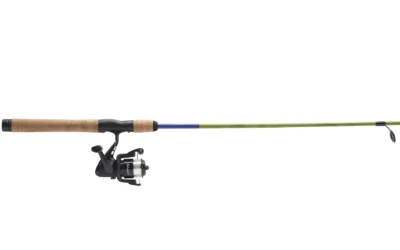Cassie Howey, the authors youngest daughter learned at an early age that the only thing you leave behind when you’re in the outdoors is your footprints.
The outdoors is a beautiful place, one I’ve loved spending time in since I was a kid, growing up just a stone’s throw away from the Sioux River in Watertown, South Dakota.
In the Midwest and its outdoors, we’re blessed with its change of seasons. Where we can enjoy the arrival of spring where the dull browns and leafless trees, replaced by the green landscape, blooming flowers, the flowering Crab Apple, Lilacs and plums.
This is when our ice-covered waters open up, from a hard frozen surface to the open water we so enjoy.
Then as spring rolls into summer, we can enjoy warmth of the summer sun and as summer makes its turn to fall, we have the appearance of the beautiful fall colors and as the year draw to a close, winter’s first snow.
I’m sure many of you remember the advertisement where a Native American is standing on a hill when a car goes by and throws their trash out; the camera comes back to the Native American and a close up shows a tear coming from his eye.
Well, that’s the way many of those of us who enjoy the outdoors feel when the snow disappears that we see all types of trash and litter along the roads and in those places that we enjoy spending time.
Each year, you’d be surprised how much trash is collected by concerned outdoor, conservation and concerned citizens groups along the roads and the shore of our lakes, ponds and rivers.
These concerned groups find aluminum cans, batteries, fishing nets, plastics, glass, monofilament line, paper, six pack plastic rings, plastic bags, Styrofoam, and even tires.
To me, it doesn’t make sense for someone to accidently or purposely discarded trash out along our roads or along the shorelines of the water. It’s so simple to dispose of it properly or recycle it, I find it hard to believe that people are either “too” busy or too lazy to keep from leaving trash behind.
Much of this stuff when not disposed of properly, can still be there from 6 weeks to forever, never decomposing.
Recently, South Dakota Walleye Unlimited, (SDWU) spent some time finding out, just how long these items can be around before decomposing and published the information in their April 2019 issue.
In their “How long does it take to Decompose” piece, they asked, “Have you ever wondered how long a piece of trash lasts? Have you ever wondered if it’s harmful to you, the environment or wildlife? What if it was just left there, what if no one cared enough to remove it, how long would it stay there?”
Below is information from that publication, I’m sure that some of these facts will surprise you.
Aluminum
Aluminum is made from Bauxite, with its mining and processing, a major source of water pollution. Aluminum cans are 100% recyclable, make sure you dispose of them properly as it takes 200+ years for aluminum to decompose.
Batteries
Batteries, even the small ones used in flashlights contain toxic materials that are released into the soil and waterways, as batteries break down slowly. Recent technology developments have allowed single use batteries to be recycled in a cost effective manner and if not properly disposed of can last up to 100 years
Cigarette Butts
Cigarette butts release deadly chemicals that accumulate in the soil and waterways, that’s passed along into the food chain of fish and wildlife. Something as small as a cigarette butt, that’s discarded will last a long time and take up to five years to decompose.
Fishing Nets
Discarded fishing nets (Nylon) can cause entanglement by wildlife, limiting their movement and in many cases causing death. Nylon, can be reused, but not fully recycled, with nylon taking up to 40 years to decompose.
Glass
Broken and discarded glass can cause deep cuts and injure wildlife. Glass bottles and jars are 100% recyclable and if not disposed of properly can be around from 1 to 2 MILLION years.
Monofilament
Monofilament (Fishing Line) presents serious environmental problems, as they are difficult to see when submerged in water, fish and birds and other marine life can easily become entangled, causing starvation, amputation and death. Ingestion of line is also a serious threat to wildlife. Monofilament line also prevents a risk to swimmers and scuba divers.
The breakdown of lines, especially in string trimmers, leads to micro plastics, which may cause starvation or poisoning of organisms in soil or water. For these reasons, programs have been started to recycle fishing line, to keep it out of the environment. Specialized container, like the ones put out by the SDWU, has been designed to collect fishing line for recycling. If not disposed of properly, monofilament line, will take up to 600 years to decompose.
Paper
Paper takes the least amount of time to decompose, 6 weeks, which is still, too long and should be disposed of in the trashcans.
Six Pack Rings & Plastic Bags
Six Pack Rings & Plastic Bags can trap, suffocate, and disfigure and causes death for land and marine animals. These materials often are light enough to float in the water, and can be seen as food sources for some fish and animals. Most plastic bags are recyclable at many of the big box stores and these items take about 450 years to decompose.
Styrofoam
Styrofoam is created from a number of dangerous chemicals, including benzene (a type of carcinogen) and styrene. Because it takes so long to break sown, Styrofoam effectively will never decompose. Hard plastics, recyclable coolers and containers are a great alternative.
Tires
Tires contain oils that contaminate the soil, they also consist of heavy metals such as lead, which can persist in the environment and accumulate over time. Tires, which take 200 years to decompose can be recycled at local tire dealers and the landfill.
Picking up after myself has always been important to me and my family and when I fished on someone’s pond, the river or lake, I didn’t want anyone thinking I left anything behind, I always picked up around me. Numerous times, coming away from fishing with more than the equipment I originally came in with, carrying out not only my trash, but also the trash left behind by others.
We as outdoorsmen and women need to set good examples for others putting trash in its proper place and recycling, making sure, the only thing we leave behind in the outdoors is only our “FOOT PRINTS.”
More information on the South Dakota Walleyes Unlimited a driven organization dedicated to preserving, protecting, and improving fisheries in the state of South Dakota. We are committed to promoting the sport of fishing and outdoor activities through education, conservation, cooperation, activism, and fiscal responsibility to ensure opportunity, access, and habitat for anglers of all ability levels. More information South Dakota Walleyes Unlimited is available at sdwalleyesunlimited.org.
Gary Howey, Hartington, Neb. who is a former tournament angler, fishing & hunting guide, an award winning writer, producer, and broadcaster and inducted into the “National Freshwater Fishing Hall of Fame” in 2017. He is the Producer-Co-Host of the Outdoorsmen Adventures television series and Outdoor Adventures radio. If you are looking for more outdoor information, check out garyhoweysoutdoors.com, like Gary Howey’s Facebook or watch his shows on www.MyOutdoorTV.com.





0 Comments